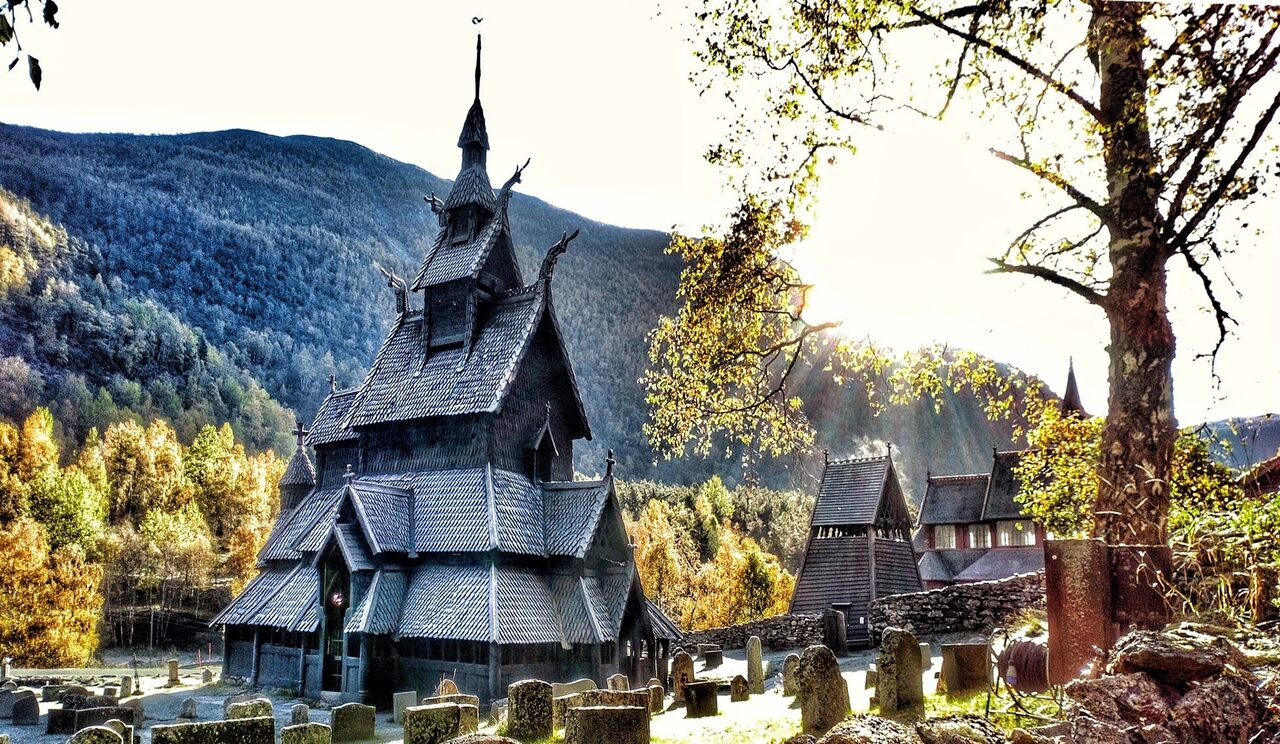
For more than 800 years, the stave church of Borgund, Norway, has towered over the surrounding village. Conservators face a constant struggle to protect the historic wooden building from the elements. HÅKON LI
TO STEP INTO ONE OF Scandinavia’s surviving stave churches is to enter the past. Shadows shift and tell stories in the elaborate carvings of intertwined beasts that are hallmarks of the churches’ unique architecture. Sounds reverberate off the timber as if traveling across centuries. The air feels dense with the tang of hewn wood, peat smoke, and pine tar.
As early as the 11th century, builders began erecting these churches all over the region. Much of Europe was raising massive cathedrals of stone during this period, but the Scandinavians knew wood best. While each house of worship was unique, all of them had staves, or load-bearing corner posts joined to vertical wall planks with a tongue-and-groove method.
Read the rest of this article...
No comments:
Post a Comment